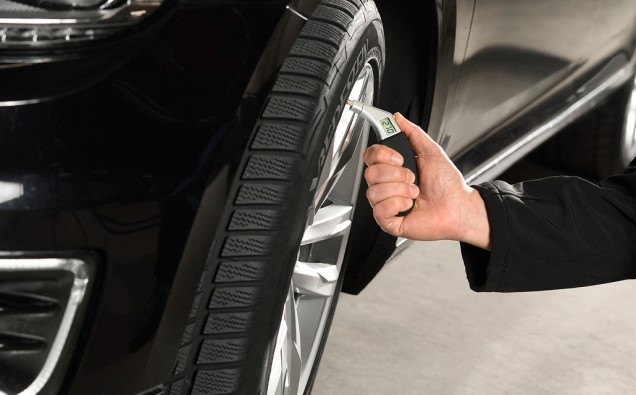A survey commissioned by Apollo Tyres has found that only 6% of motorists in the UK are able to correctly identify a tyre’s ‘load rating’, which signifies the maximum weight of the vehicle that can safely use the tyre. Choosing a tyre with an unsuitable load rating can compromise the vehicle’s performance and efficiency, as well as its safety.
Modern electric vehicles (EVs) are typically much heavier than conventional combustion engine alternatives, making it even more important for consumers to select a compatible tyre.
The Apollo Tyres survey, which polled 1,000 motorists across the UK, found that 11% of men were able to identify the load rating mark on a tyre, compared to just 3% of women.
The survey also found that just 14% of motorists are aware that tyres fitted to an EV normally need to be inflated to higher pressures, to ensure safe and efficient operation. That proportion falls to only 6% among motorists aged 55 to 64, and peaks at over half (52%) among 18- to 24-year-olds. Crucially, among EV drivers, the percentage is still low – just 38%. Tyre inflation rates are specific to each vehicle and are essential for maintaining optimal levels of grip, traction and rolling resistance.
Yves Pouliquen, Head of Sales and Marketing at Apollo Tyres, comments: “As Europe moves towards the mass adoption of EVs, it is becoming even more important for carmakers and the wider tyre industry – from manufacturers to retailers and fitters – to help consumers understand the crucial importance of load rating compatibility and the need to maintain correct inflation rates.
“The need to educate extends beyond the point of purchase. EV owners understandably want to maximise driving range, but under-inflation can significantly increase rolling resistance and that equates to poor efficiency.”

















